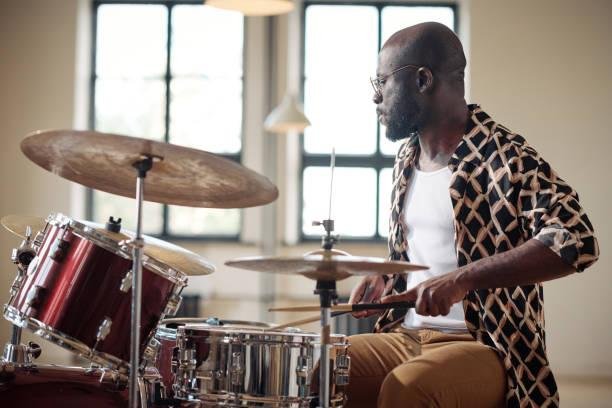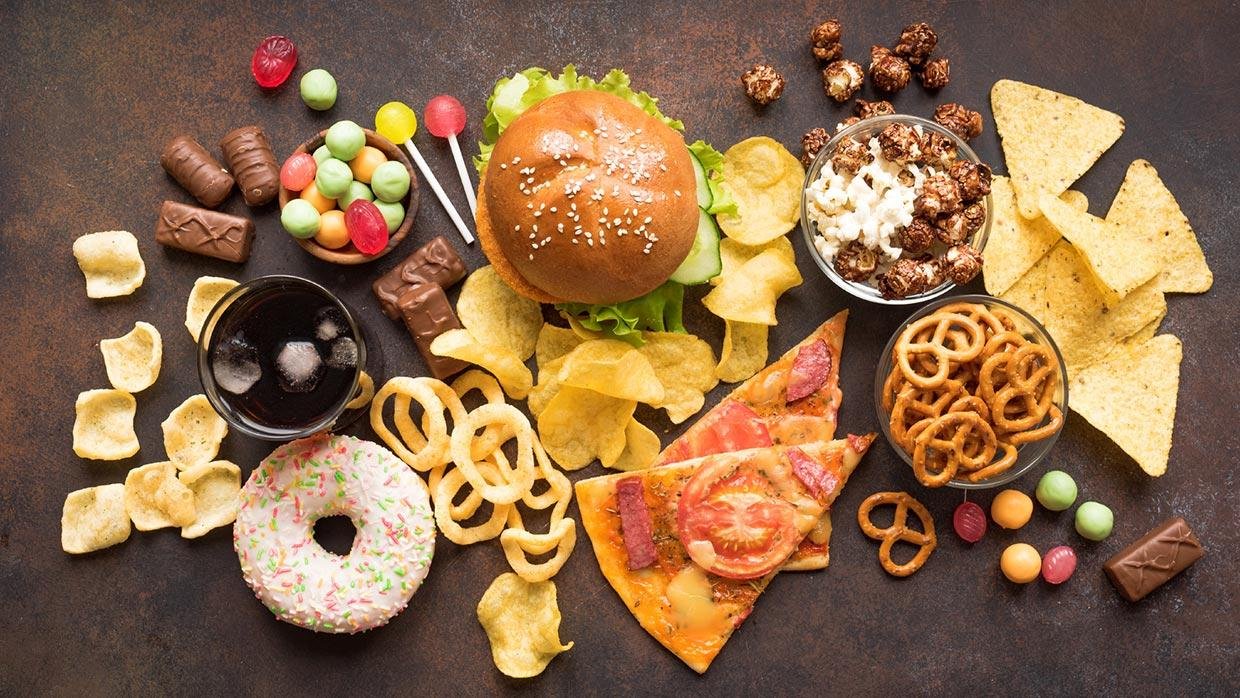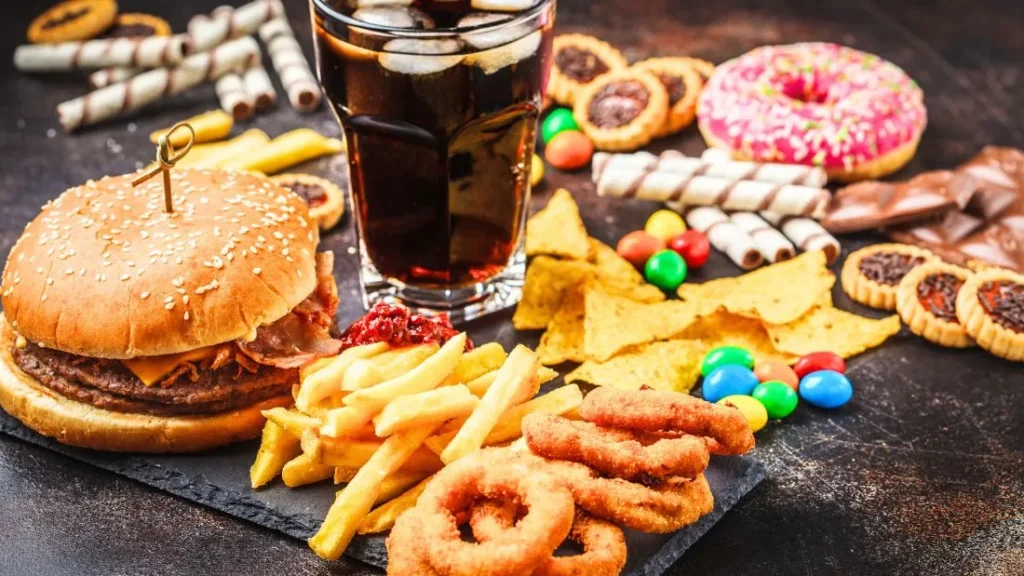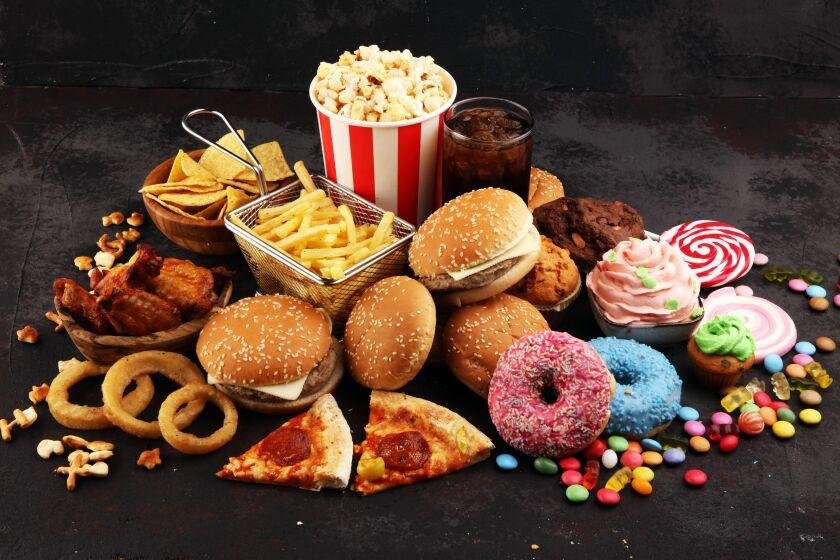Health Essentials
When the prostate screams for recognition
I love the years when we competed on whose urine stream could go the farthest, then as time went on we engaged in “more important” competitions but recently the topic quite often centres on how often one wakes up at night to urinate. Sleeping throughout the night with no interruptions is now worn as a badge of honour. An abrofo nkatie (or chestnut sized if you prefer sophistication) sized structure has more control on all these competitions than you can imagine. If you have not heard about the prostate gland yet then you are probably well below your fourth decade in life and it does not matter if you are male or female. This time our ladies have been spared the direct troubles that may accompany a prostate; MEN ONLY! The prostate is sandwiched by the bladder and the penis and the rectum is behind it. The urethra then runs through its centre. We will realise soon that these structures closely associated with the prostate have a story to tell when changes occur. The primary role of the prostate is to secrete a fluid that nourishes, protects and transports the sperms safely to their destination. Most people associate the prostate only with prostate cancer and who wouldn’t BUT the prostate has other challenges to contend with and we will focus on the main ones today; 1. Prostatitis 2. Benign Prostatic Hyperplasia (BPH) 3. Prostate Cancer Fortunately for us all three above
can be managed especially when we start early and do not wait for complications.
PROSTATITIS
Common in men below 50 years. May be classified as acute or chronic. It may be as a result of bacterial infection through sex or urinary tract infection but may also be as a result of trauma. Symptoms
• Fever and chills, pus-like discharge through
• Frequent urination , burning sensation during urination or difficulty urinating
• Pain in groin, painful orgasms
• Pain in bladder, testes, penis
• Erectile dysfunction
BENIGN PROSTATIC HYPERLASIA (BPH)
This is not cancer! There is an increase in size of the prostate though the actual cause of the increase in size is unknown, there is an association with male hormones. The increase in size is also associated with age. I have had the unpleasant experience of witnessing grown men sweating and crying in pain as they are unable to pass urine even though they have a full bladder and this is because the enlarged prostate has blocked the urethra where the urine exits. Fortunately medical science has made it possible to offer quick relief, well that is once the person can get to a professional. Symptoms
• One urinates frequently especially at night
• There may be urgency; you need to “evacuate” urine once you get the urge otherwise you may wet yourself.
• There may be difficulty starting to urinate and you may have to strain
• Poor urine stream; remember the competitions of yesteryears?
• Intermittent urine stream; urine stops midstream and then resumes when you coax it enough
• Terminal dribbling; after urinating you may continue to drip hence men beyond a certain age tend to shake the penis after the act
• Urinating may be painful
• Blood may be in the urine; sometimes the blood may not be visible to your eye
PROSTATE CANCER
This is one of the commonest diagnosed cancers in men. In Ghana the prevalence of prostate cancer is about seven per cent (among 50 to 74 year olds) and the average age of diagnosis is 66 years. Most prostate cancers are slow growing and many people die with the cancer and NOT FROM the cancer. This cancer is commoner among black males and may appear at an earlier age and often more aggressive and lethal. Risk factors
• Age; increase change of getting this cancer as you grow older
• Race; being black may mean a higher risk
• Family History; when others in your blood line have had a brush with prostate cancer then be alert
• Fatty foods, sedentary life
• Obesity is often blamed as well but I have seen people slimmer than me have to deal with this. Get screened
Symptoms When prostate cancer has not spread beyond its walls
• Frequency, nocturia, straining, blood in semen or urine
• Weak or interrupted urine flow
• New onset erectile dysfunction
• Pain at micturition ( not common) When the cancer spreads
• Pain in back, hips, thighs etc.
• Unexplained weight loss
• Fatigue
• Change in bowel habits such as constipation etc. There are various steps to diagnose prostate cancer, BPH or prostatitis and we will delve into these later but a few lines on the PSA is in order. The prostate specific antigen (PSA) is an enzyme that may be used to screen for prostate cancer but it should be noted that like all tests it has its downsides. It is elevated whenever there is an irritation of the prostate. It may be elevated in other conditions other than prostate cancer such as;
• Inflammation such as in prostatitis
• Certain anal/rectal examinations
• Severe constipation
• Extended sexual intercourse (I am not sure what extended means)
• Passing a urinary catheter
PROSTATE CARE/RISK REDUCTION
• Choose healthy foods; lots of fruits and vegetables
• Choose healthy foods over supplements
• Keep a healthy weight
• Exercise most days of the week
• Report symptoms discussed quickly
• Get screened. And do alert your doctor if you have a family history of prostate cancer Men, it is time to take care of our prostates and dear ladies do keep an eye on the prostates that are dear to you.
AS ALWAYS LAUGH OFTEN, ENSURE HYGIENE, WALK AND PRAY EVERYDAY AND REMEMBER IT’S A PRICELESS GIFT TO KNOW YOUR NUMBERS (blood sugar, blood pressure, blood cholesterol, BMI)
Dr. Kojo Cobba Essel Health Essentials Ltd/ St Andrews Clinic/Mobissel (dressel@healthessentialsgh.com)
Dr Essel is a medical doctor, holds an MBA and is ISSA certified in exercise therapy, fitness nutrition and corrective exercise. Thought for the week –“Prostate cancer is the most common cancer in men with more than one million new cases diagnosed each year worldwide (according to the World Cancer Report 2014: 1,111,689 cases identified in 2012).
By Dr. Kojo Cobba Essel
Health Essentials
Sleep may not always be the answer to your needed rest

Sleep is powerful and definitely one of the major legal performance enhancing drugs of all time but even sleep answereth not all questions related to adequate rest.
“Doctor, I am so tired. I still feel drained even after a 10-hour sleep.”
“I feel lonely, unappreciated and extremely tired. Help me doctor.”
These are two of the numerous examples that clients complain of on a daily basis. We are in “an energy crisis that has nothing to do with oil and gas” and unless we learn to take the necessary breaks and make minor adjustments to our way of life we are heading for a generation that has burnt-out high achievers. I am only drawing attention to a crisis that is often overlooked.
Deep, adequate sleep is an extremely powerful life-changing natural phenomenon that many people trample upon. If you had to make a single change to your life to grow healthier I will suggest you sleep more if you sleep less than seven or eight hours a day. Yes, napping also has an energizing role in our health quest. Rest is such a broad and grey area and it appears sleep is only part of the whole enigma of REST. Now you will understand why an evening with family or friends out of home after a tiring week invigorates you. Also there must be some magic spending time by the seaside even if you don’t sleep. How about playing music with friends? Rest is much more than sleep and though sleep is extremely important all the other forms of rest do matter as well.
A look at the 7 types of rest
1. Physical rest
a. We all know that feeling when you just want the body to take a break. It turns out physical rest can be broken down into two
i. Passive Rest ; lying down, sleeping, napping
ii. Active Rest; yoga, massage, stretching etc.
2. Mental rest
Typically one feels irritable, forgetful and unable to concentrate at work etc. May get eight hours of sleep yet feels horrible. This may be tell-tale signs that you need mental rest
How to fix this;
- Switch off your brain. Take short breaks every two hours talk about or write down your feelings so you are not carrying them around
3. Sensory rest
With the noise all around, bright lights, screen time and a host of others, our senses feel overwhelmed.
How to fix this;
- Simply close your eyes for a minute
- Unplug intentionally; Take a break from computers, phones, bright lights, noise and conversations
4. Creative rest
It is important to awaken the excitement deep within us. The glitter in our eyes. That is another realm of rest.
How to fix this;
- Walk in a beautiful place in nature, watch a movie, play a musical instrument, garden or do art. The good news is you do not even need to be good at it.
5. Emotional rest
Often we are unable to say NO when that is exactly what is needed. We accept additional engagements only to sit in our corner later and feel lonely and unappreciated.
How to fix this;
- Cut back on people-pleasing “adventures”
- Create time to freely express your feelings and emotions. “ME-TIME” and SELFCARE can’t be over emphasised
6. Social rest
It is rare to find someone who needs emotional rest BUT has no social rest deficit. They often come as a “couple”. We need to be able to differentiate between relationships that energise us and those that drain all we have.
How to fix this;
- supportive and positive people, rather than people that exhaust you.
- Engage in conversation and stay focused. Paying attention does wonders to our brain
7. Spiritual rest
We all need to rely on the power of a superior being and for me it is GOD! We need that sense of belonging (child of God), love and a PURPOSE. That gives us the needed rest
How to fix this;
- Prayer
- Praise and worship to The Almighty
- Meditation
- Service to the community
My advice is let us put all these into practice as often as possible. Every day is possible. Do not wait till you are too tired or feel totally broken before you search for these tips. The time is now and remember SLEEP is supreme but we need the other forms of rest to be complete. Seek professional medical care if you continue to feel “unrested”.
AS ALWAYS LAUGH OFTEN, ENSURE HYGIENE, WALK AND PRAY EVERYDAY AND REMEMBER IT’S A PRICELESS GIFT TO KNOW YOUR NUMBERS (blood sugar, blood pressure, blood cholesterol, BMI)
Dr. Kojo Cobba Essel
Health Essentials Ltd/Medics Clinic
(www.healthessentialsgh.com)
Dr. Essel is a Medical Doctor with a keen interest in Lifestyle Medicine, He holds an MBA and is an ISSA Specialist in Exercise Therapy, Fitness Nutrition and Corrective Exercise. He is the author of the award-winning book, ‘Unravelling The Essentials of Health & Wealth.
Thought for the week – “Whatever you practise grows stronger, what are you practising now?”
References:
1. Saundra Dalton-Smith, MD – ideas.ted.com
Health Essentials
Wellness nuggets that work magic

2025 appears to be in a hurry, but isn’t that what we say every year? Information overload is real and when it comes to health and wellness not all we come across is backed by science
I have been thinking about CERVICAL CANCER AWARENESS and a number of the nuggets will look at this preventable / manageable cancer. My goal regarding cervical cancer prevention is to encourage, coerce all ladies in the age group to be screened.
The watch word(s) should be prevention and early detection of changes.
1. Cervical cancer is the most preventable of all female cancers. Do the following.
a. Have regular cervical screening tests e.g. once every three years depending on findings
b. Get vaccinated against Human Papillomavirus (HPV)
c. Practice safe sex
d. Live a smoke-free life
e. Eat a balanced diet to help support your immune system
2. Signs and symptoms of Cervical Cancer you should not ignore
a. Vaginal bleeding that is abnormal for you
b. Bleeding after sexual intercourse
c. Bleeding between periods
d. Heavier periods than usual
e. Changes in vaginal discharge
f. Pain during sexual intercourse
g. Persistent pain in your pelvis or lower back
3. Risk factors for Cervical Cancer
a. Any woman with a cervix
b. Anyone who is sexually active
c. Anyone with an HPV infection
d. Anyone who smokes and drinks alcohol
e. Family history of cervical cancer
4. The Human Papilloma Virus is the most common sexually transmitted infection and is the cause of almost all cervical cancer (WHO).
5. Exercise has that immediate effect of improving your mood, focus and attention. With increased exercise over your lifetime, you slow the expression of diseases such as Alzheimer’s and Dementia.
6. The best way to burn off the stress hormones without having to change your thinking is to move and sweat. Run, dance, jump, swim, stretch or skip; do something vigorous and lively. Yoga is also fabulous, as it combines movement and breathing.
7. Self-Care Check List 1
a. Listen to your body
b. Move more
c. Eat healthy
d. Breathe right
e. Avoid harmful substances and excess of anything
f. Get enough sleep
g. Cultivate gratitude and joy
8. Your thoughts, your feelings, your emotions, your beliefs literally communicate with every aspect of your biology every second. Yes your thoughts communicate with your cells. They all help to determine so much about your health.
9. Some Longevity Principles
a. Avoid ultra-processed foods
b. Get quality sleep
c. Strength exercises is a MUST!
d. Build community and purpose
e. Practice stress management
10. Food is not only a source of energy, joy, connection and pleasure; it can also rejuvenate us and even reverse disease. Would you rather be powered by junk food?
AS ALWAYS LAUGH OFTEN, ENSURE HYGIENE, WALK AND PRAY EVERYDAY AND REMEMBER IT’S A PRICELESS GIFT TO KNOW YOUR NUMBERS (blood sugar, blood pressure, blood cholesterol, BMI)
Dr. Kojo Cobba Essel
Health Essentials Ltd/ Medics Clinic
(dressel@healthessentialsgh. com)
Dr. Essel is a Medical Doctor with a keen interest in Lifestyle Medicine, He holds an MBA and is an ISSA Specialist in Exercise Therapy, Fitness Nutrition and Corrective Exercise. He is the author of the award-winning book, ‘Unravelling The Essentials of Health & Wealth.’
Thought for the week – “with better access to vaccination, screenings and treatments, cervical cancer can be eliminated.”- WHO
Reference:
1. Cervical Cancer Awareness – The Bank Hospital
2. Cervical Cancer Awareness – Medpluspharmacyng
3. World Health Organization (WHO)
4. VK Fitness
5. Dr Mark Hyman
Join our WhatsApp Channel now!
https://whatsapp.com/channel/0029VbBElzjInlqHhl1aTU27






